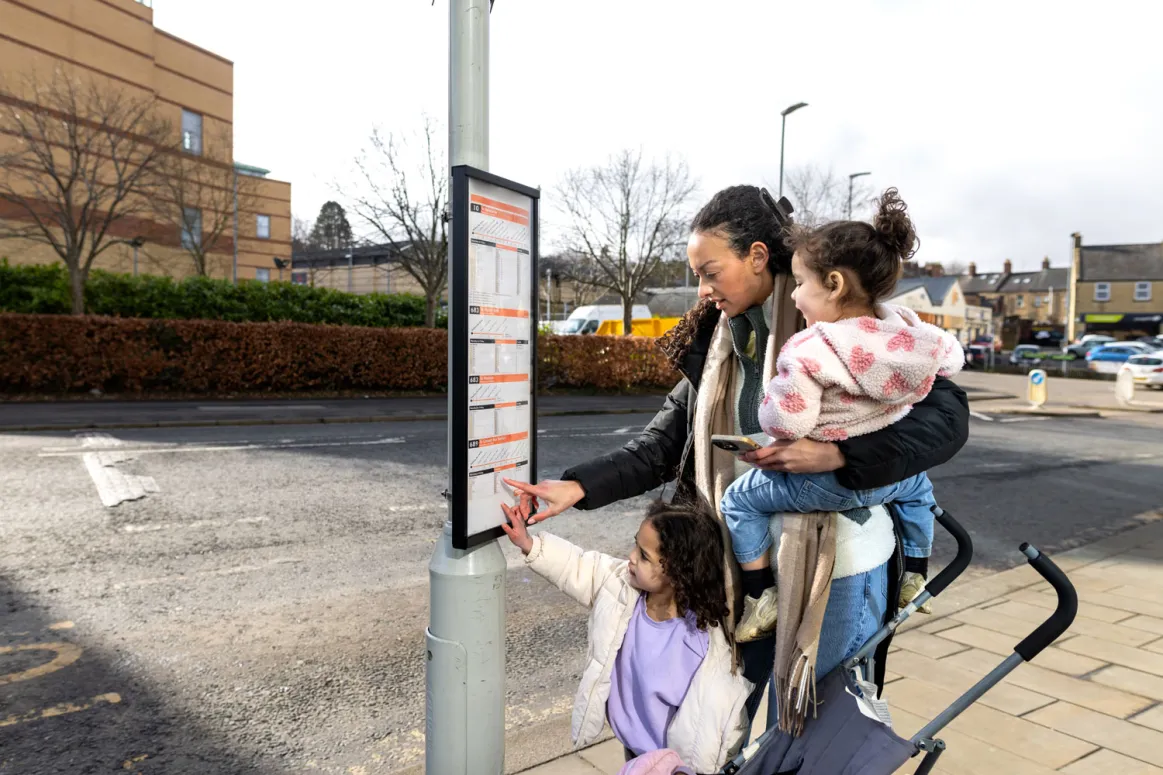The Autumn Budget must deliver urgent action on hunger
New research shows that 14.1 million people – including 3.8 million children – faced hunger in the UK last year because they didn’t have enough money for food. Without urgent action to boost incomes in the Autumn Budget, this severe hardship risks becoming the new normal for millions of households.

Hunger in the UK is Trussell’s landmark study, delivered in partnership with Ipsos, on the scale, profile and drivers of food insecurity and food bank use across the UK. It’s a title that describes the harsh reality facing one in six (16%) households, or 14.1 million people, going without enough food because they cannot afford it. More worrying still, this is a significant increase compared to our first round of research in 2022 when we found one in seven (14%) households, or 11.6 million people were facing hunger in the UK.
Millions of people are being left with no option other than to turn to food banks, and millions more are going hungry without even seeking help from charitable food providers, often because they feel that others need help more.
Young children are particularly badly affected, with one in three (31%) children under five growing up in a food insecure household. Disabled people are disproportionately impacted too. More than a quarter (27%) of disabled people experience food insecurity and nearly three quarters (74%) of people referred to food banks in the Trussell community are disabled.
The likelihood of having experienced a change in life circumstances such as job loss, bereavement or a new health problem is higher for people referred to food banks in the Trussell community. And for people who can work, this is no guaranteed route out of hardship. In fact, nearly a third (30%) of people referred to Trussell food banks are in working households - up from 24% in 2022.
At the heart of this very troubling problem is a social security system which is failing to provide enough security when people need it.
Over half (52%) of people receiving Universal Credit experienced hunger in the last year, and almost a quarter (23%) had to access a food bank or other charitable food provision. Universal Credit isn’t doing the fundamental job of protecting people from going without the essentials.
Food bank need is not about a lack of food, it’s about a lack of income. On average, households referred to food banks are left with just £104 a week after housing costs to cover food, energy bills, travel, toiletries, and other essentials. This is only 17% of what the average UK household has left after paying their rent or mortgage.
In this context, the UK government’s forthcoming Child Poverty Strategy is a golden opportunity to reduce the number of children facing hunger and living in severe hardship. There are sensible funding proposals and routes to maintain fiscal credibility while still delivering ambitious changes to turn the tide on hunger, including much needed updates to our social security system. We must also remember that severe hardship in the UK is costing our public services, the economy, and the public purse to the tune of over £75 billion a year.
‘Hunger in the UK’ should be a benchmark for the UK government’s manifesto commitment to end the need for emergency food.
Going without food and other essentials should not be a routine part of life. The government must use the Child Poverty Strategy and Autumn Budget to go further with changes that people will feel before the end of this Parliament, and deliver on the promises made to voters on food banks, child poverty and living standards. This means:
- Scrapping the cruel two-child limit. This would lift 470,000 children out of hunger and hardship and is a cost-effective way of reducing child poverty, with the additional spending required being almost entirely met by £3.1 billion in fiscal and economic benefits.
- Introducing a full protected minimum floor in Universal Credit as a low-cost step towards an Essentials Guarantee. This should limit all reductions to UC, including reductions made due to the benefit cap. This could be set initially at 15% below the standard allowance and would provide people with more security and certainty about how much they will receive each month.
- Uprating Local Housing Allowance in line with the cheapest 30% of local rents. Two fifths (41%) of people referred to food banks had experienced some form of homelessness in the past year, and this has risen from 36% in 2022. The policy of freezing support with housing costs for private renters risks driving even more people into hunger and homelessness and must end.
The Chancellor has said she wants the Autumn Budget to be about delivering ‘opportunity for all’. This will only be possible with urgent action to reduce the levels of hardship in our communities.